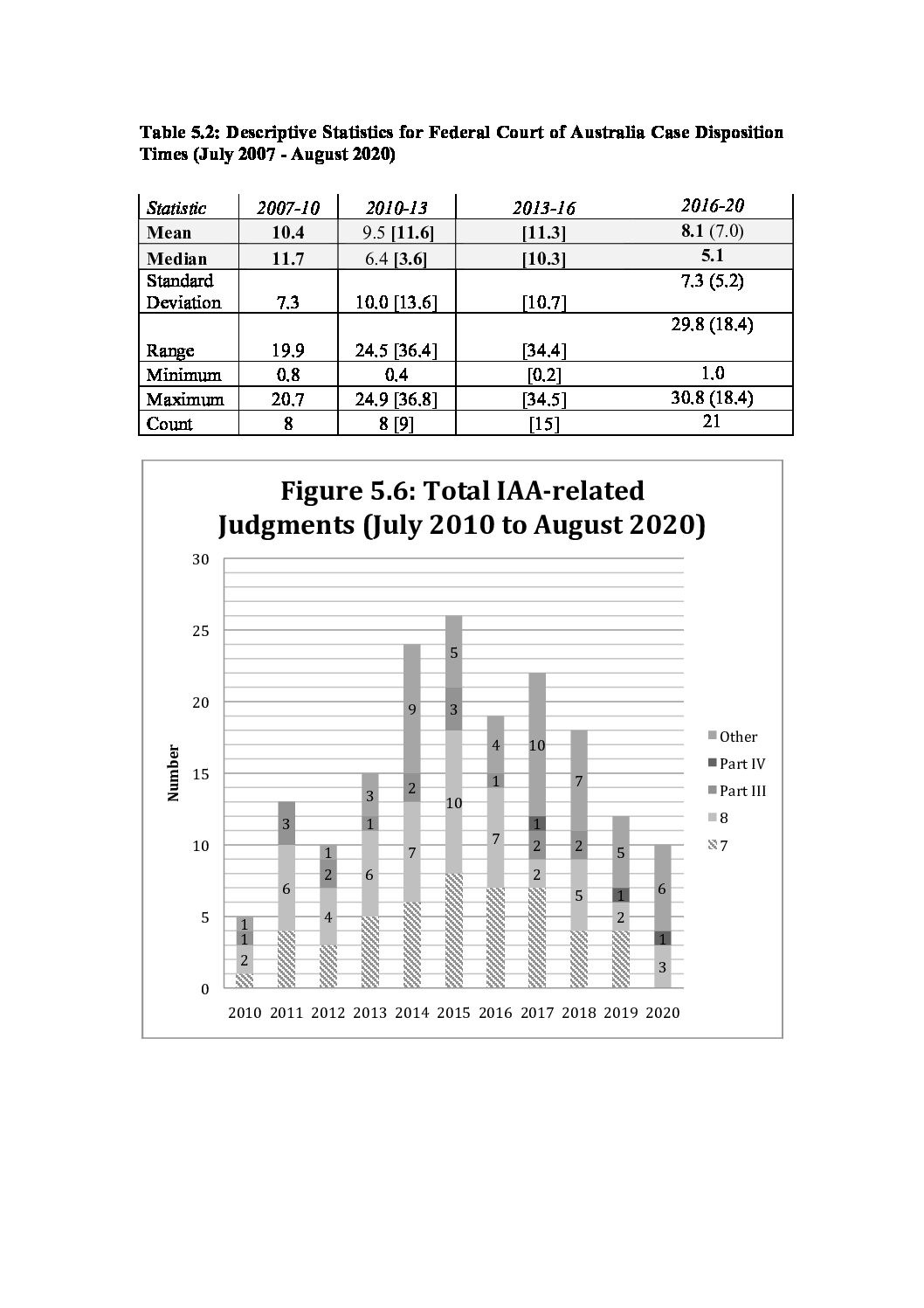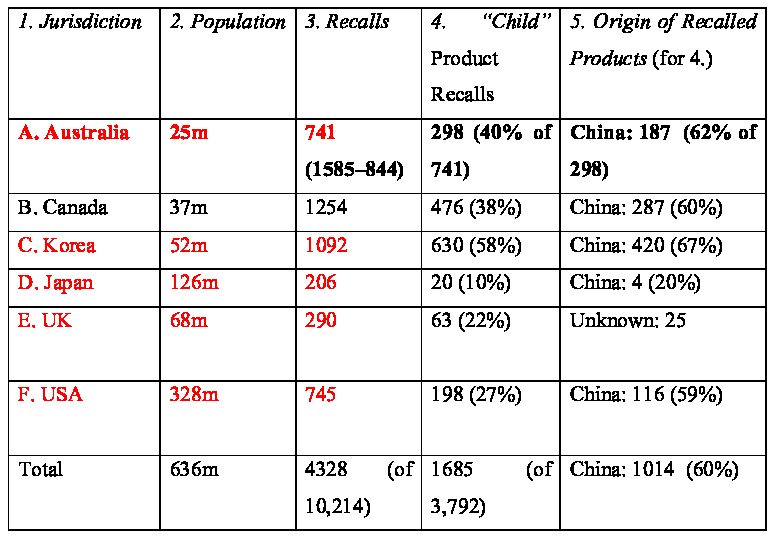[Updates: This 12-chapter Intersentia book in the International Academy of Comparative Law congress series, examining 13 diverse jurisdictions including Japan and Australia, Luke Nottage and Makoto Ibusuki (eds) Comparing Online Legal Education: Past, Present and Future (Intersentia, June 2023) will be launched kindly by NSW Chief Justice Andrew Bell on 3 August at Sydney Law School. The book project was supported by the University of Wollongong’s Transnational Law and Policy Centre as well as ANJeL and Sydney Law School.
As background, IACL Deputy Secretary-General Dr Alexandre Senegacnik kindly interviewed/recorded me about the key findings of this IACL series book to listen to or download at https://cafecomparatum.podbean.com/ (17 August 2022). With presentations also by some chapter / jurisdictional report authors, CAPLUS with others hosted on 1 February 2022 a related webinar focusing on “Asia-Pacific Online Legal Education Before and After the COVID-19 Pandemic”, with a video recording later uploaded on Youtube – click here.] In addition, some research assistance for this book project has been funded through the University of Wollongong’s new Transnational Law and Policy Centre, which is also supporting that webinar and was the main host for another webinar on 15 June 2022 covering several further jurisdictions. I also presented my draft General Report at Griffith University Law School on 10 August 2022.]
Together with past ANJeL Visitor and Program Convenor (ANJeL-in-Japan), Seijo University Professor Makoto Ibusuki, I have been appointed General Reporter by the venerable International Academy of Comparative Law for a project comparing “Online Legal Education” across around 20 jurisdictions world-wide, including Australia and Japan. Draft jurisdictional Reports will be received by January 2022 so we can draft our General Report, summarising key findings, to be presented at the four-yearly IACL Congress – this time hosted over 23-28 October 2022 in Asuncion (Paraguay). We plan then to co-edit a book in the IACL’s book series previously published by Springer and henceforth by Intersentia.
We hope to get and share insights into how online (university or other) legal education interacts with each jurisdiction’s legal profession, university system, and ICT infrastructure, as well as how online legal education has developed both before and after the COVID-19 pandemic. Below is the draft “questionnaire” we provided to guide (but not dictate to) Reporters preparing their chapters, and the current list of jurisdictions and Reporters nominated by IACL national committees. We welcome feedback on other questions or angles on this practically important and theoretically interesting topic for comparative research. Here on SSRN is our draft General Report elaborating on this framework and summarising Special Reports from the various jurisdictions, and here is Nottage’s detailed audio-visual recording of that General Report (almost 1 hour .mp4 video / powerpoint presentation).
- A. Background: Legal Profession, University and IT Systems Generally
- Who are the main “gatekeepers” to the legal profession (cf Anderson & Ryan, 2009)? Does its corresponding size and nature make it generally harder or easier to move (university/qualifying or continuing) legal education online?
- The existing legal profession (eg like Japan: bengoshi lawyers, negotiating with the Ministry of Justice and courts): tends to result in smaller legal profession, but still many other LLB graduates (not qualified as lawyers)
- Universities (eg like Australia previously or now NZ: LLB and JD graduates can almost all qualify as lawyers, as they they need to just complete a short easy practical training course, so the numbers of law students allowed into universities – by the government as in NZ, or by universities themselves since 2011 in Australia – determines the size of the legal profession): tends to result in a larger legal profession
- The market (eg like USA: as there are so many accredited law schools, and state bar exams are easily passed at least after a few attempts, so the numbers of lawyers is really determined only by whether students think they will be able to get a job as lawyer after graduating): tends to result in the largest legal profession
- How are universities (and law schools) generally funded? Does this make it harder or easier to move legal education online?
- Eg universities in Australia: growing dependence on international student revenues, including more recently in law – many are non-native English speakers (eg from China), so may be more difficult to move effectively their legal education online
- Cf universities in Japan: still much lower international student proportions, especially in law; correspondingly more emphasis on research, so maybe easier to move online
- How widespread is access to good-quality and affordable IT hardware (computers etc) and software (including internet access), among university students/teachers and legal professionals?
- Eg in Australia: quite good for both groups, making it again easier to move university/qualifying & continuing legal education online
- Cf in Japan: quite good for lawyers but less so for judges/courts, variable for university teachers, quite bad for many university students
- Who are the main “gatekeepers” to the legal profession (cf Anderson & Ryan, 2009)? Does its corresponding size and nature make it generally harder or easier to move (university/qualifying or continuing) legal education online?
- B. Moves Towards Online Education:
- Summary achievements before the pandemic, in light of the above background
- University and/or qualifying legal education
- Continuing (post-admission) legal education
- Achievements and challenges after the pandemic
- Briefly re continuing legal education
- Details for university and/or qualifying legal education
- Course/program goals (any revisions needed?)
- Course assessment methods (fewer exams, more assignments and/or essays? Changes to grading curves?)
- Delivery methods (purely online eg live and/or pre-recorded, hybrid with some face-to-face teaching?)
- Other administrative challenges (eg more plagiarism?)
- Student welfare and extra-curricular activities?
- Summary achievements before the pandemic, in light of the above background
- C. Conclusions:
- Overall, has the shift to more online education been positive?
- With (big!) assumptions of similar structure for legal profession, university funding and IT systems, what are the prospects for further online legal education as the pandemic abates?
Below highlighted in bold are the jurisdictions for which Special Reports were provided, summarised in the General Report by Nottage and Ibusuki for the October 2022 IACL conference (for which a draft is on SSRN here).
| 1. Australie/Australia [on SSRN] | William van Caenegem (Bond University) & Trish Mundy (University of Wollongong) |
| 2. Belgique/Belgium | Jan-Baptist Lemaire (KU Leuven) |
| 3. Brunei & Malaysia / Singapore [on SSRN] 4. Canada [on SSRN] | Nobumichi Teramura (Universiti Brunei Darussalam, Institute of Asian Studies) & Salim Farrar (University of Sydney, Law School) Adrien Habermacher (UMoncton) |
| 5. Chypre/Cyprus [PDF draft] | Demetra Loizou and Lida Pitsillidou (University of Central Lancashire, Cyprus) |
| 6. Croatie/Croatia [longer version on SSRN] | Mirela Župan (University of JJ Strossmayer in Osijek Faculty of Law) |
| 7. Danemark/ Denmark | Per Andersen (Aarhus University) |
| 8. Estonie/Estonia | Age Värv (University of Tartu, Faculty of Law) |
| 9. Etats-Unis/USA | Michael Hunter Schwartz (University of the Pacific, McGeorge School of Law) |
| 10. Hongrie/Hungary | István Hoffman and András Szabó (Eötvös Loránd Université) |
| 11. Italie/Italy [PDF draft] | Rossella Esther Cerchia and Barbara Vari (University of Milano Statale) |
| 12. Japon/Japan [on SSRN] | Kenichi YONEDA (Kagoshima University) and Luke Nottage (University of Sydney) |
| 13. Macao/Macau [on SSRN] | Rostam J. NEUWIRTH, Alexandr SVETLICINII, Muruga Perumal RAMASWAMY (University of Macau) |
| 14. Norvège/Norway | Tobias Mahler (University of Oslo) |
| 15. Pakistan [PDF draft] | Syed Imad-ud-Din Asad |
| 16. Pays-Bas/ Netherlands | Ernst van Bemmelen van Gent (UDO, Utrecht University) | |
| 17. Roumanie/ Romania | Daniela-Anca DETESEANU (Universitatea din Bucuresti) | |
| 18. Royaume-Uni/UK 19. Seychelles [on SSRN] 20. South Africa | Andra le Roux-Kemp (University of Lincoln) Nyasha Noreen Katsenga (University of Seychelles) Edwin Coleman (University of Johannesburg, CICLASS) | |
| 21. Tchéquie/Czech Republic | David Sehnálek (Masaryk University) | |
| 22. Turquie/Turkey | Elif Küzeci (Bahçeşehir University) | |
| 23. Venezuela | Eugenio HERNANDEZ-BRETON (Universidad Central de Venezuela, Universidad Monteavila, Academia de Ciencias Politicas y Sociales) | |
| 24. Hong Kong [on SSRN] | Alice Lee and Wilson Lui (University of Hong Kong) |


